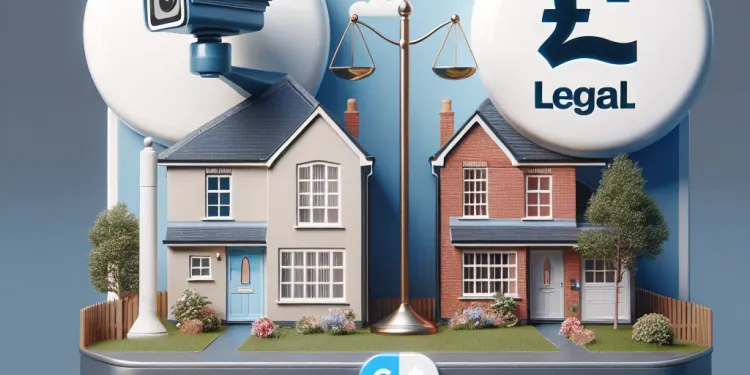
Find Help
More Items From Ergsy search
-
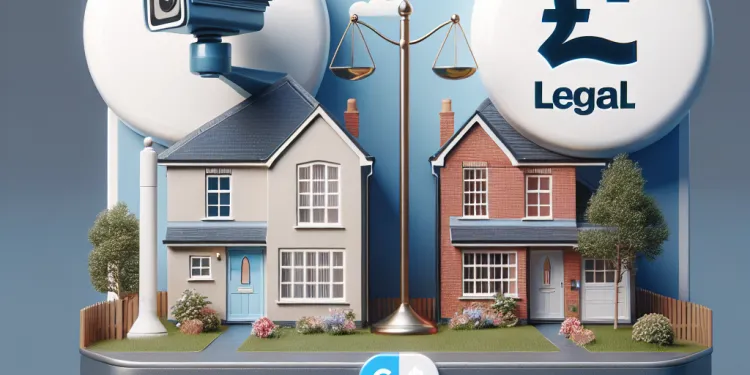
Can the police access my neighbour’s CCTV footage without consent?
Relevance: 100%
-
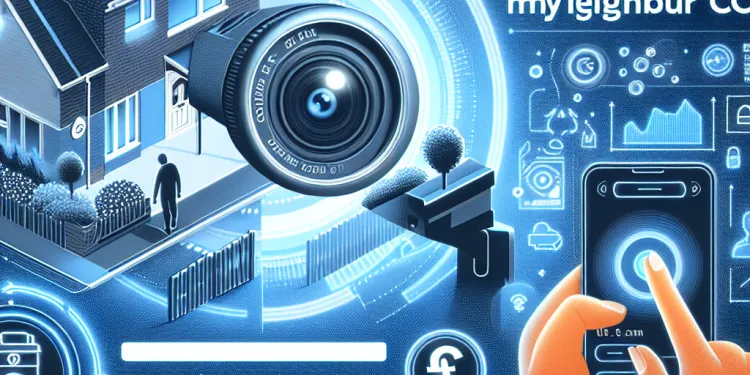
Can I request footage of myself from my neighbour's CCTV?
Relevance: 57%
-
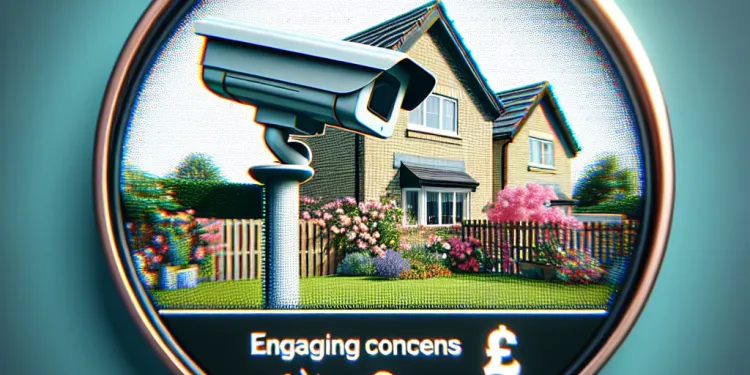
What should I do if I feel my privacy is being invaded by my neighbour's CCTV?
Relevance: 41%
-

What kind of footage is considered an invasion of privacy?
Relevance: 40%
-
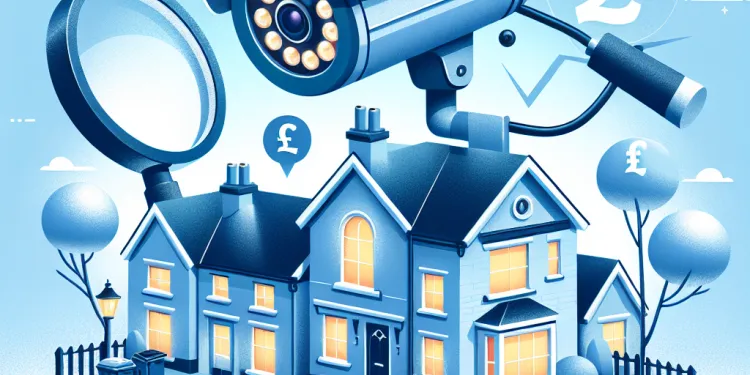
Can my neighbour use footage from their security camera as evidence in disputes?
Relevance: 33%
-
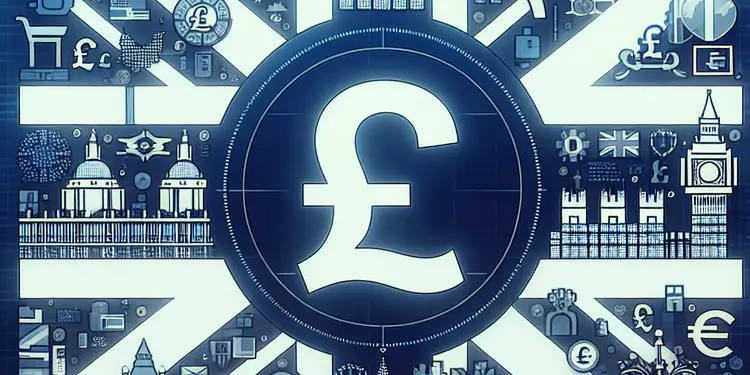
Can someone else request my police records on my behalf?
Relevance: 32%
-
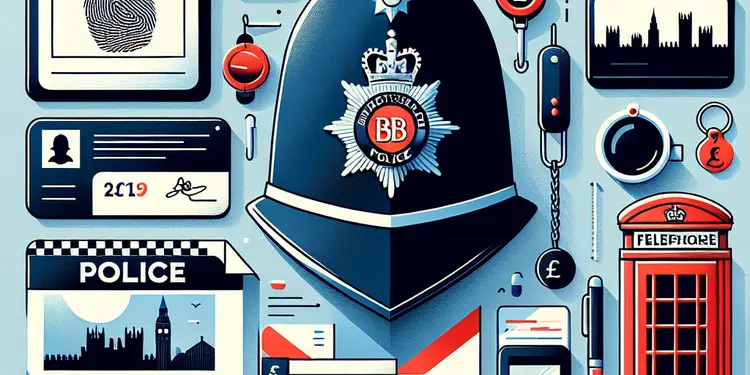
What types of police records are available for me to see?
Relevance: 27%
-
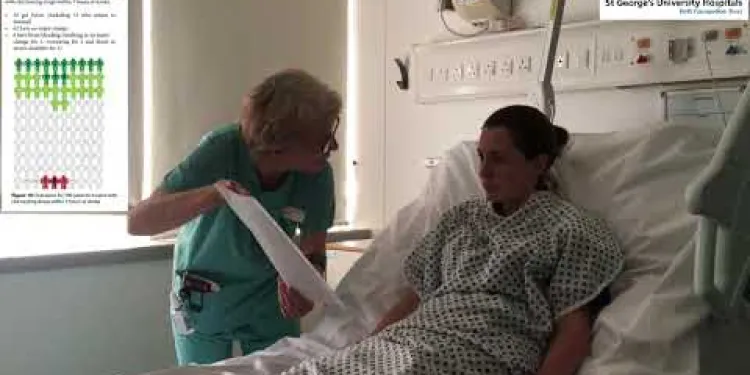
Gaining consent from stroke patients
Relevance: 26%
-
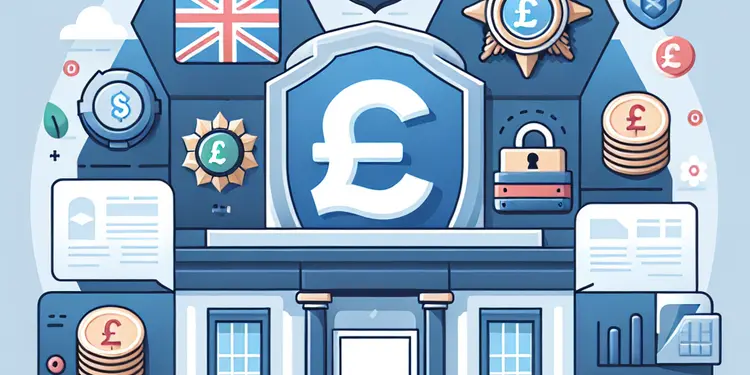
Are all police departments required to provide access to records?
Relevance: 26%
-

Do I have a right to see other people's police records?
Relevance: 26%
-
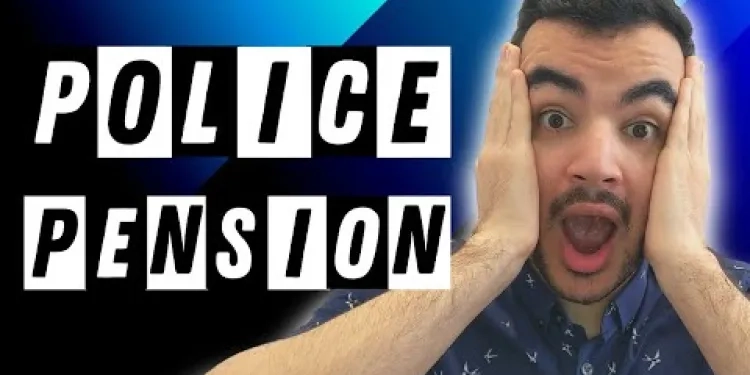
Police Pension Explained
Relevance: 26%
-
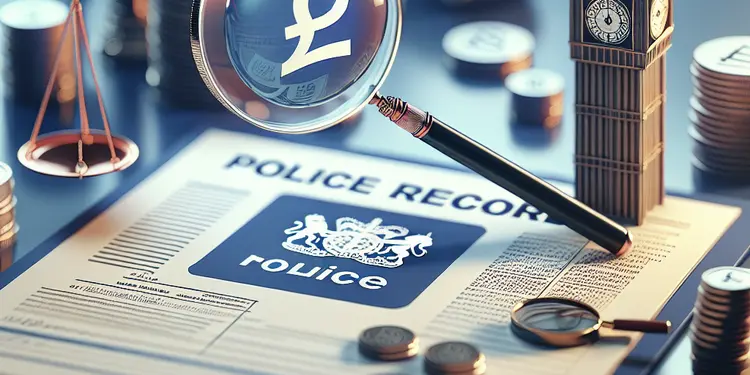
What laws govern my right to access police records?
Relevance: 25%
-

Do I have a right to see my police records?
Relevance: 25%
-
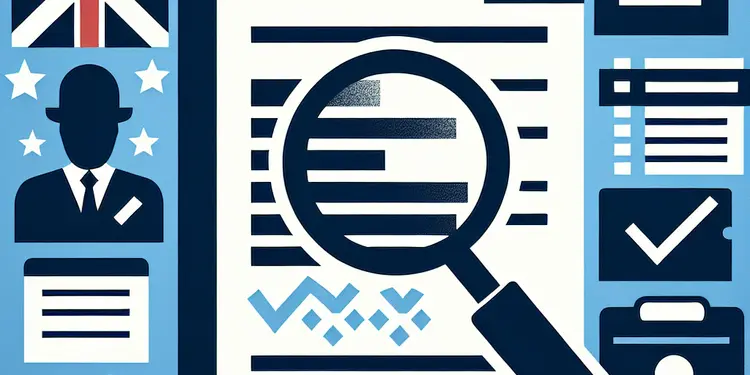
Will accessing my police records show up in background checks?
Relevance: 24%
-
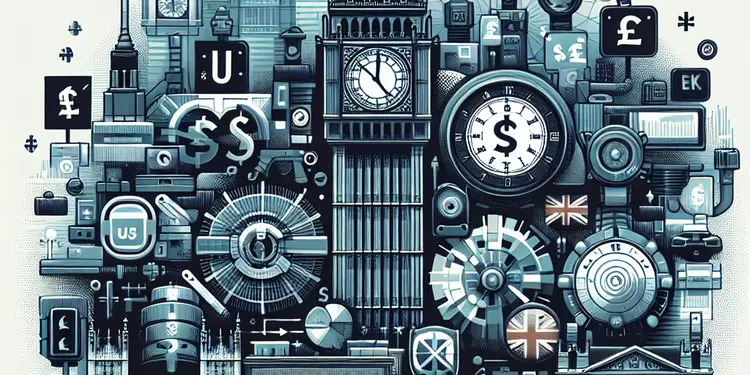
How can I request access to my police records?
Relevance: 24%
-
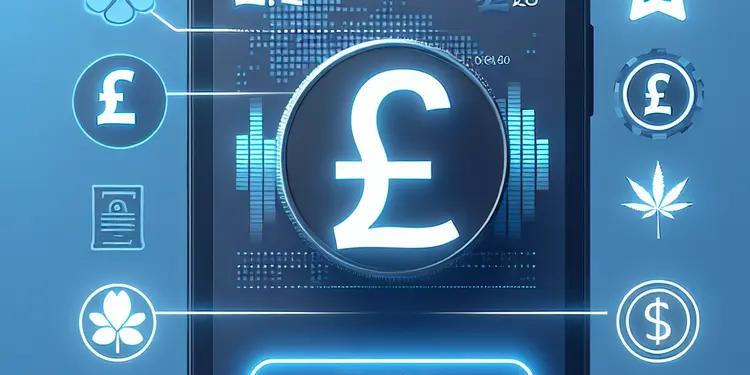
Are there any fees to obtain my police records?
Relevance: 24%
-
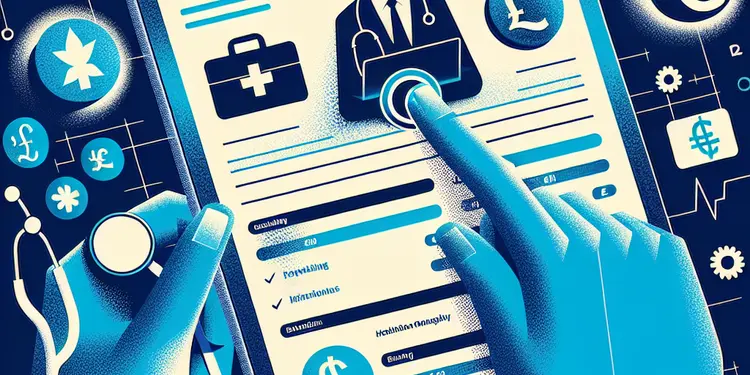
Can my employer access my medical records without my consent?
Relevance: 24%
-
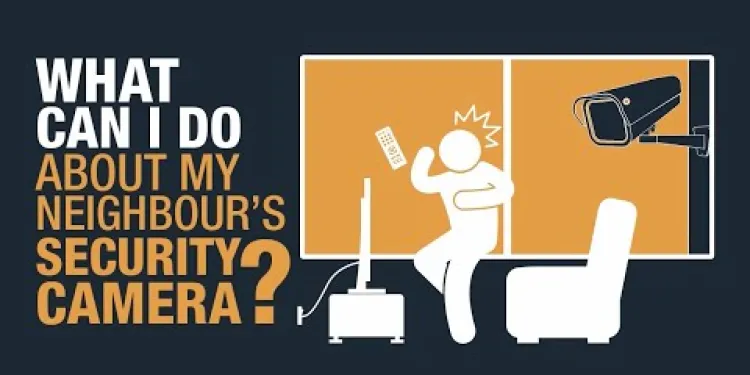
What can I do about my neighbour's security camera?
Relevance: 24%
-
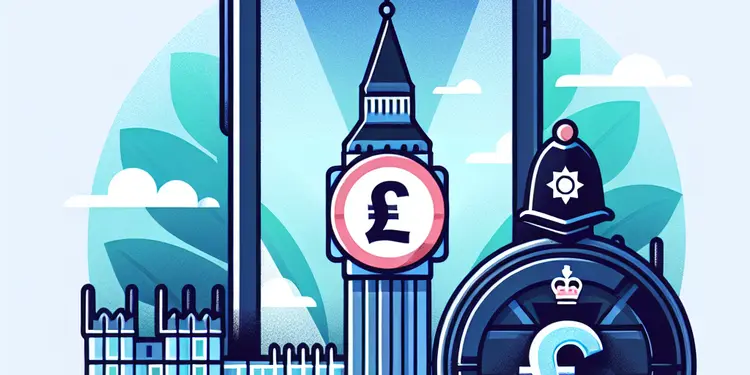
Can access to my police records be denied?
Relevance: 23%
-
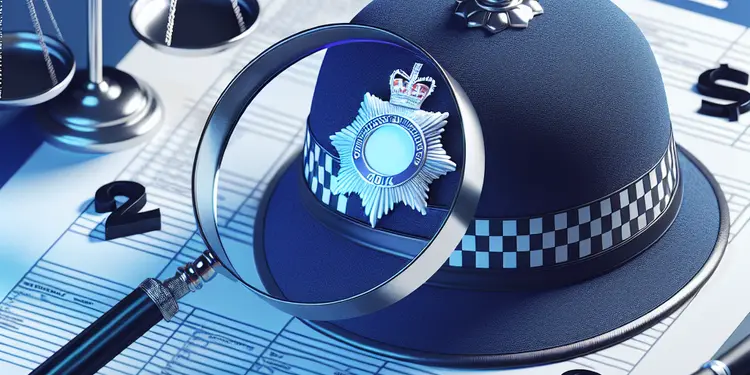
Do I have a right to see my police records?
Relevance: 23%
-
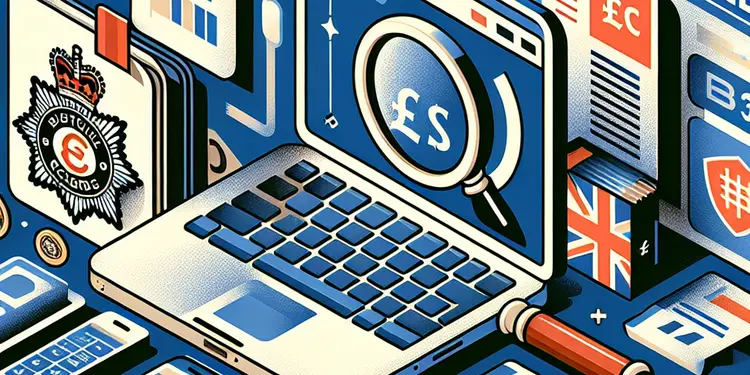
Can I access digital or electronic copies of my police records?
Relevance: 23%
-

Can the process of obtaining police records be done online?
Relevance: 23%
-

What information do I need to provide to access my police records?
Relevance: 23%
-
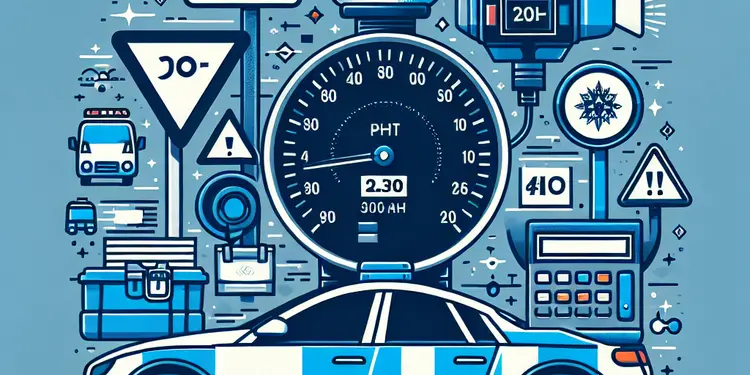
How is dangerous driving detected by police?
Relevance: 23%
-
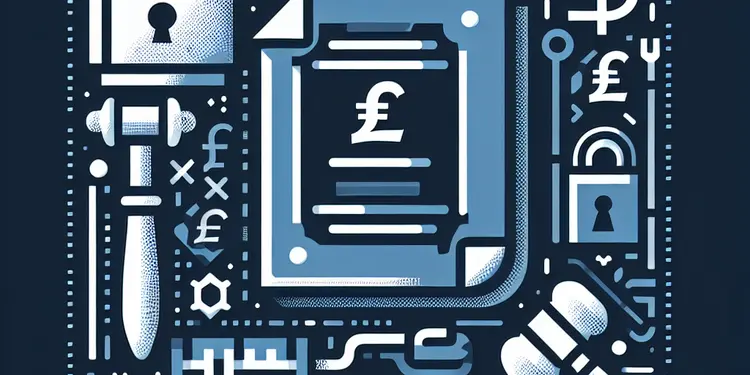
Can police records be expunged or sealed?
Relevance: 22%
-
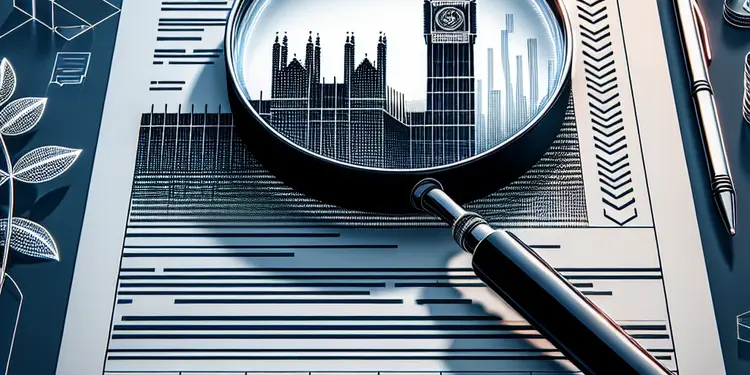
How can I ensure my police records are accurate?
Relevance: 22%
-
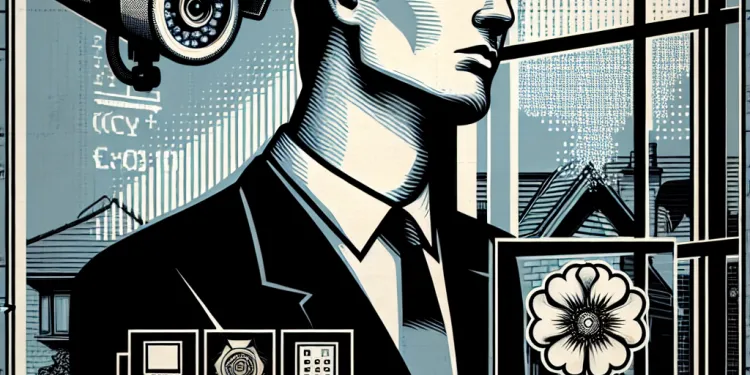
Should I contact the authorities if my neighbor refuses to adjust their camera?
Relevance: 22%
-
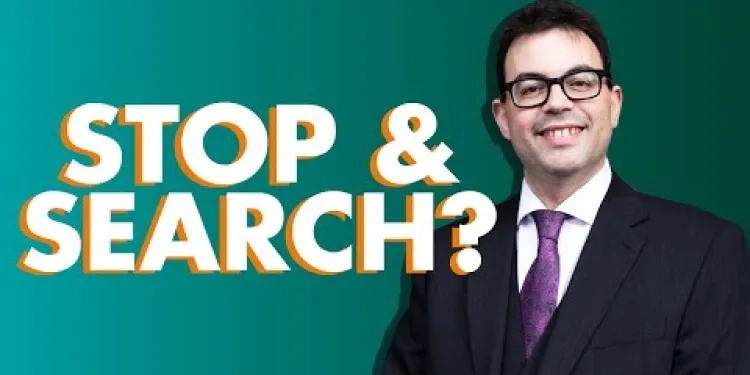
What are my rights if the police want to stop and search me? [Criminal law]
Relevance: 21%
-

What impact does sealing my police records have?
Relevance: 21%
-
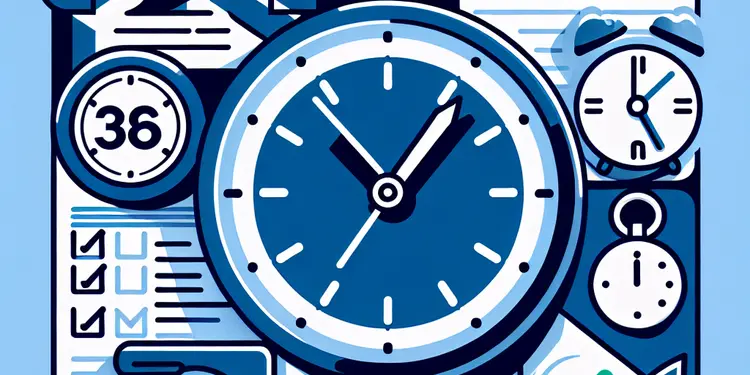
How long does it take to obtain my police records?
Relevance: 21%
-
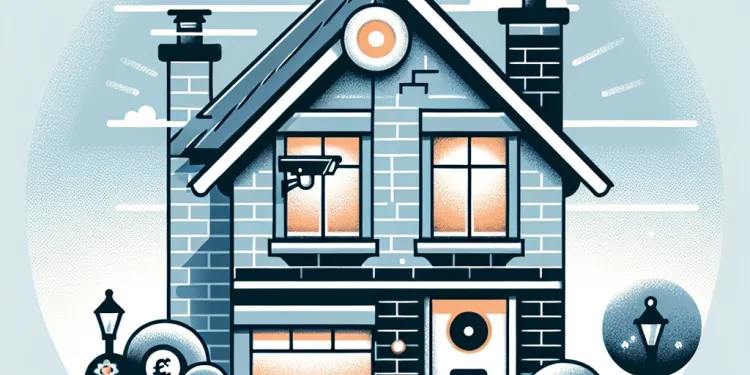
Do neighbours need to inform me if their cameras record my property?
Relevance: 20%
-
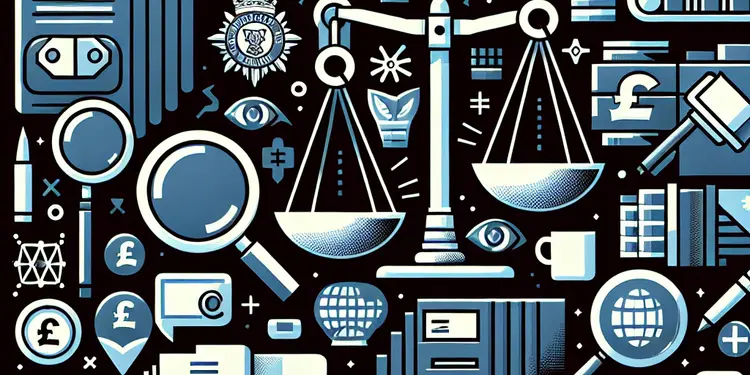
Is there a difference in accessing police records for federal and state cases?
Relevance: 19%
-
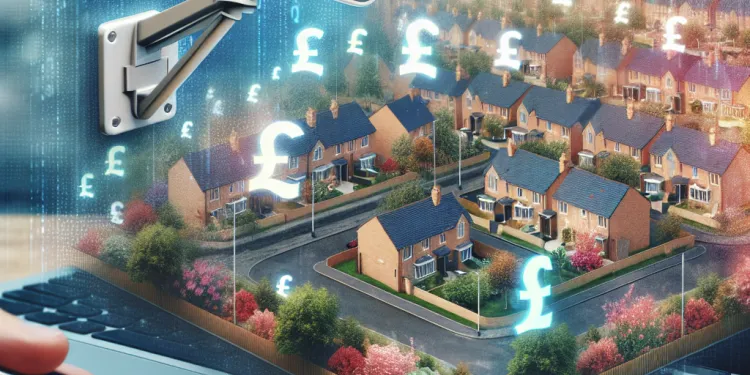
Is it legal for my neighbor to have a security camera facing my property?
Relevance: 19%
-

Are there privacy laws that protect me from neighbor's cameras?
Relevance: 18%
-
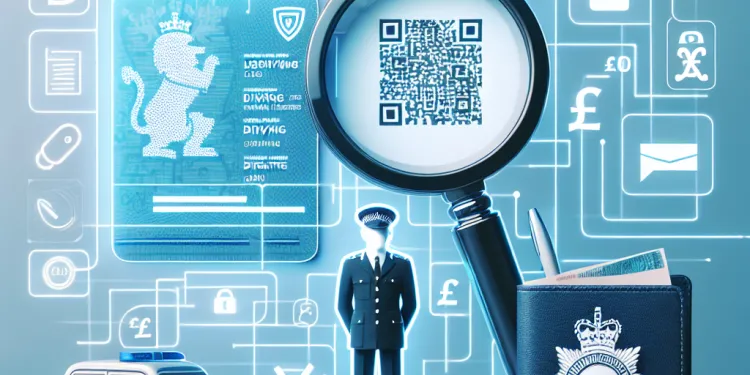
How will police and authorities verify digital driving licenses?
Relevance: 18%
-
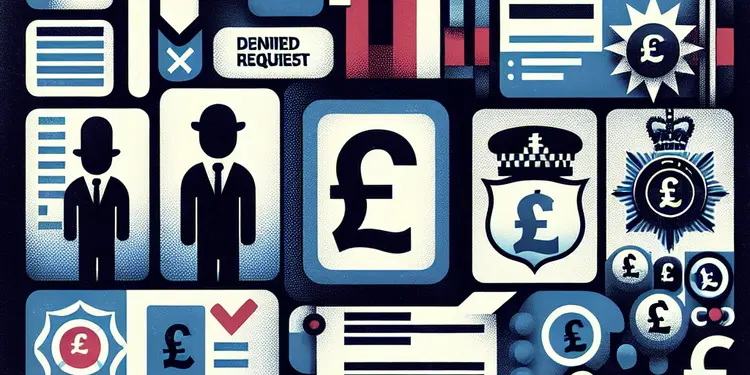
What should I do if my request to see my police records is denied?
Relevance: 18%
-
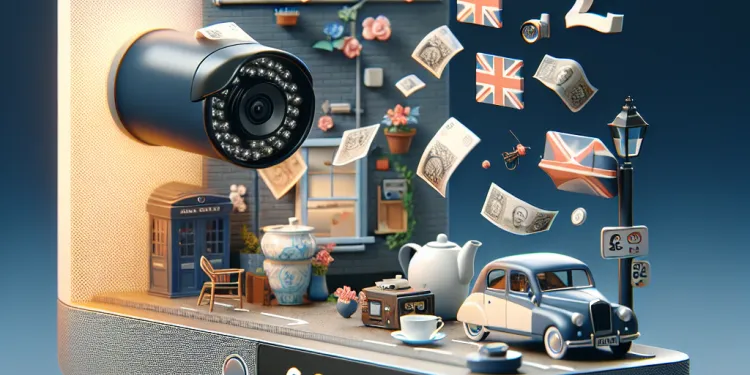
Can I install my own camera to monitor the area in question?
Relevance: 17%
-

What laws apply to the use of security cameras in the UK?
Relevance: 16%
-
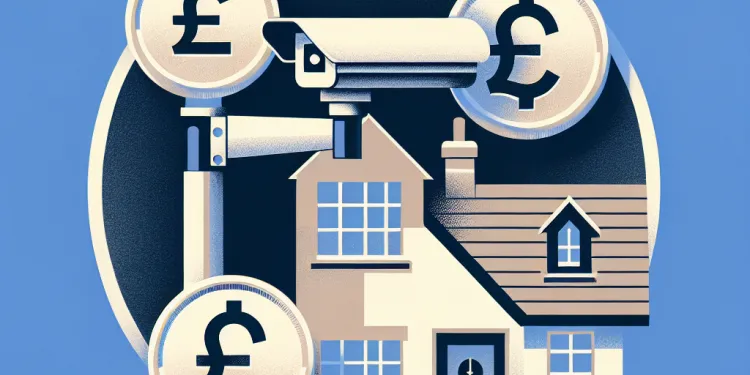
What if my neighbor claims the camera is for security but it points towards my property?
Relevance: 15%
-
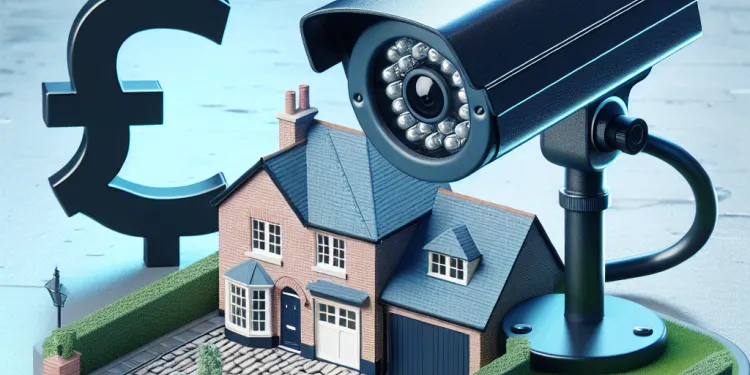
Is my concern valid if the camera is only monitoring my driveway?
Relevance: 14%
Understanding CCTV Footage and Privacy
CCTV cameras have become commonplace in residential areas across the UK, with many homeowners installing them to deter crime and monitor their properties. However, there can be legal and privacy implications regarding who can access these recordings. A common question that arises is whether law enforcement can access a neighbour’s CCTV footage without the owner’s consent. Understanding the laws and regulations governing such scenarios is crucial for both CCTV owners and general residents.
The Role of the General Data Protection Regulation (GDPR)
The General Data Protection Regulation (GDPR), implemented in 2018, plays a key role in determining how personal data, including CCTV footage, is handled in the UK. When CCTV cameras are used by private individuals solely within the boundaries of their property, they are generally exempt from GDPR. However, if the camera captures footage beyond the private boundary, such as onto public spaces or neighbours' properties, the recordings are subject to GDPR regulations. This means the person operating the CCTV must adhere to privacy laws and may need to justify why the recording is taking place.
Police Access and the Role of Consent
The police in the UK may require access to CCTV footage for investigation purposes. Generally, the police would approach the individual or entity that owns the CCTV system to request access to the footage. Ideally, this should be done with the owner’s consent. However, there are specific circumstances where the police can access the footage without the owner's permission. For example, if they obtain a court order or warrant that requires the release of the footage in question. Additionally, under certain statutory powers, the police may seize footage if they believe it contains vital evidence relevant to a serious investigation.
CCTV Owners’ Rights and Responsibilities
CCTV owners should be aware of their obligations under GDPR if their cameras cover areas beyond their private property. They should inform people they are being recorded by placing clear signs, and they must ensure that any data collected is securely stored and only kept for as long as necessary. If approached by law enforcement for footage, they should clarify under what authority the request is made. Despite the possibility of being compelled to hand over recordings without consent, cooperating with police requests in line with legal stipulations can foster community safety and aid in the lawful conduct of investigations.
Conclusion
While the police can in some cases access CCTV footage without the owner’s consent, it generally requires a legal basis such as a court order. It is essential for CCTV owners to comply with privacy regulations and be clear about their rights and responsibilities. By understanding the legal framework around CCTV usage and police access, individuals can better navigate the intersection of privacy, security, and legal compliance.
Understanding CCTV Footage and Privacy
CCTV cameras are everywhere in the UK. Many people put them in their homes to help stop crime and keep an eye on things. But, there are rules about who can see these videos. People often ask if the police can look at a neighbour's CCTV video without asking. Knowing the rules about this is important for both people with CCTV and their neighbours.
The Role of the General Data Protection Regulation (GDPR)
The GDPR is a set of rules about how personal data is handled. This includes CCTV videos. If you have a CCTV camera on your property, and it only films your land, GDPR does not usually apply. But, if your camera films places outside your land, like a public road or a neighbour's house, you must follow GDPR rules. This means you need to follow privacy laws and explain why you are filming.
Police Access and the Role of Consent
In the UK, the police might need to see CCTV video for their investigations. Usually, they will ask the person who owns the CCTV for permission. Sometimes, they can look at the video without asking if they have a court order. This means a judge has given permission. Also, if the video is important for a big case, the police might take it.
CCTV Owners’ Rights and Responsibilities
If your CCTV films more than your land, you need to follow GDPR rules. Put up clear signs to tell people they are being filmed. Keep any videos safe and only for as long as you need. If the police ask for videos, find out why they need them. It is good to help the police if they have legal reasons, as this keeps the area safe and helps them do their job.
Conclusion
Sometimes, the police can see CCTV video without asking first, but they usually need permission like a court order. It is important for people with CCTV to know the privacy rules and their rights. By knowing the rules about CCTV and police permissions, people can make sure they are following the law and keeping everything safe.
Frequently Asked Questions
Can the police access my neighbour’s CCTV footage without their consent?
In general, the police need consent from the owner to access CCTV footage. However, they can obtain a warrant if there's a strong legal justification.
Under what circumstances can the police obtain my neighbour’s CCTV footage without consent?
Police can obtain a warrant or court order if the footage is crucial for a criminal investigation.
Do the police need a warrant to access CCTV footage?
Yes, typically a warrant is required unless the footage is voluntarily provided by the owner.
Can my neighbour refuse police access to their CCTV footage?
Yes, a neighbour can refuse unless the police have a warrant.
What is the legal process for the police to obtain CCTV footage?
The police generally need to apply for a warrant from a judge to legally access CCTV footage without consent.
Are there emergency situations where police can access CCTV footage without consent?
In certain emergencies, such as imminent threats to life, police may access footage without consent.
What rights do I have regarding police access to CCTV footage?
You have the right to refuse access without a warrant and to inquire about the legal basis for access.
Can the police ask my neighbour for a copy of the CCTV footage?
Yes, police can request copies of CCTV footage, but the neighbour can choose whether to comply.
What happens if my neighbour gives police access without a warrant?
If given voluntarily, the footage can be used by police without needing a warrant.
Can the police use CCTV footage in court?
Yes, footage obtained legally can be used as evidence in court proceedings.
Is it legal for the police to demand immediate access to CCTV footage?
Without a warrant, an immediate demand is generally not legal unless in extreme circumstances.
What should my neighbour do if police request their CCTV footage?
They can ask to see a warrant or choose to voluntarily hand over the footage.
Does GDPR affect police access to CCTV footage?
GDPR places obligations on data protection, but it allows processing for law enforcement purposes when legally justified.
How long can my neighbour keep CCTV footage?
Typically, CCTV footage should not be kept longer than necessary for its intended purpose, often around 30 days.
Can my neighbour ask police to delete CCTV footage after consent?
Once given, especially if legally relevant, the footage typically cannot be requested for deletion.
Is a neighbour liable if they share CCTV footage with police?
Generally, if shared lawfully and not breaching privacy laws, they are not liable.
Can CCTV footage be used to identify suspects?
Yes, CCTV footage is often used by law enforcement to identify and track suspects.
What if my neighbour’s CCTV captures footage of a crime?
They can provide it to police voluntarily or wait until police request it formally.
Do privacy laws protect against police accessing CCTV without consent?
Yes, privacy laws require police to justify access, often necessitating a warrant.
Should my neighbour have signage about CCTV recording?
Yes, it's generally required to have signage indicating CCTV recording to inform the public.
Can the police see my neighbour's CCTV video if the neighbour says no?
Usually, police need permission from the owner to see CCTV video. But if they have a good reason, they can get a special order called a warrant.
When can the police get my neighbour’s CCTV videos without asking?
The police can get CCTV videos if they think it will help them solve a crime. They can do this even if the neighbour says "no."
If you have trouble reading, you can use pictures or videos to help understand. It's okay to ask someone to explain it to you.
The police can ask a judge for permission to see videos if they are very important for solving a crime.
Can the police look at CCTV footage without a special letter?
The police need a special letter called a "warrant" to see some things. But they might not need one for CCTV.
If you need help with reading, you can:
- Use pictures to understand.
- Ask someone you trust to explain.
- Use apps that read words out loud.
Yes, police usually need a special paper called a warrant to get video. But if the person who owns the video wants to give it to police, then they can do that without the paper.
Can my neighbor say no if the police ask to see their CCTV video?
Yes, a neighbour can say no unless the police have a special paper called a warrant.
How do the police get CCTV video legally?
The police usually have to ask a judge for permission, called a warrant, to see CCTV footage if they don't have permission.
Can police look at CCTV without asking first in emergencies?
Sometimes there are emergencies where someone’s life is in danger. In these cases, the police can look at video footage without asking for permission.
What can the police do with CCTV video?
If the police want to see CCTV video, they might need to ask first. If you have questions about your rights, you can get help.
Here are some things you can do:
- Ask an adult you trust.
- Talk to a lawyer for advice.
- Use websites that explain your rights in simple words.
You can say "no" if someone wants to come in without a special paper called a warrant. You can also ask them why they want to come in.
Can the police ask my neighbour for CCTV video?
The police can ask your neighbour for CCTV video. CCTV video is like a video from a camera. Your neighbour can say yes or no.
If you find it hard to understand, you can ask someone to help you. You can also use tools that read out loud to you.
Yes, the police can ask to see CCTV video, but the neighbor can say no if they want to.
What if my neighbor lets the police in without a paper?
If you give the video to the police by choice, they can use it without needing special permission.
Can the police show camera videos in court?
The police can use videos from cameras to help in court. Cameras record what people do.
If you need help to understand, you can:
- Ask someone to explain it.
- Use pictures or videos to help see what it means.
- Take your time to go through it slowly.
Yes, if you have video or pictures that were taken legally, you can use them in court.
Can the police ask to see CCTV right away?
Using simple words to explain:
Sometimes, the police can ask to see CCTV videos. CCTV cameras record what happens in places like stores or streets.
When the police need to see these videos to help them do their job, they might ask the people who have the videos to show them right away. But, there are rules about when they can do this.
If you are unsure, you can:
- Ask the police why they need to see the video.
- Ask a trusted adult for help.
- Contact a lawyer if you need more advice.
Support tools you can use:
- Talk to someone who knows about laws.
- Use a simple online guide about CCTV rules.
If the police do not have special permission from a judge (called a warrant), they usually cannot ask you to do something right away. This is only allowed if something very serious is happening.
What should my neighbor do if the police ask for their CCTV footage?
If the police ask your neighbor for CCTV videos, they can:
- Ask the police why they need the video.
- Decide if they want to share the video.
- Ask a trusted friend or family member to help them decide.
- Use tools that help understand words, like picture dictionaries.
It's important to feel okay with their choice.
You can ask to see a paper giving permission or choose to give the video yourself.
Can the GDPR change how police look at CCTV videos?
The GDPR is a set of privacy rules. It helps keep our personal information safe.
Police sometimes need to see CCTV videos for their work.
GDPR rules help protect our privacy, even when police use CCTV videos.
If you want to learn more, you can ask a grown-up. They can also help you find easy information online or watch videos together.
GDPR is a set of rules about keeping personal information safe. It lets people who work with law enforcement use this information if they have a good reason and it's allowed by law.
How long can my neighbour keep CCTV footage?
Your neighbour can keep CCTV video for a while.
Usually, they should not keep it too long. Maybe a few weeks or a month.
If you have questions, you can ask them why they need to keep the video.
Using picture reminders or talking to someone can help you understand better.
CCTV videos should not be kept for too long. Usually, they are kept for about 30 days. This is the time needed for what they are meant for.
Can my neighbor ask the police to delete CCTV video after saying yes to it?
Here is a simple way to understand if your neighbor can ask to delete CCTV video:
- If your neighbor said "yes" to the CCTV camera, they might want it taken away later.
- The police have rules about keeping or deleting videos.
Tools that can help:
- Ask for help from a friend or a family member.
- Use pictures or drawings to understand better.
- Talk to a teacher or helper if you have questions.
When you give the video, especially if the law is involved, you usually can't ask for it to be deleted.
Can your neighbour get in trouble for giving CCTV video to the police?
If they share it the right way and don't break any privacy rules, they won't get in trouble.
Can cameras help find people who did something wrong?
Yes, police use CCTV video to help find and follow people who might be in trouble.
What happens if my neighbour’s camera sees a crime?
They can give it to the police by choice, or wait until the police ask for it in a formal way.
Can police see CCTV without asking first?
Yes, police need a good reason to get your private information. They usually need something called a 'warrant' to do this.
Does my neighbour need a sign for CCTV?
If your neighbour has CCTV cameras, they should put up a sign. This sign tells people that the cameras are recording. It helps everyone know about the cameras.
Writing tips for signs:
- Use simple words.
- Make it easy to read.
Helpful tools:
- You can use pictures to show what you mean.
- Ask someone to help you read signs if you need.
Yes, signs are needed to tell people that CCTV is recording.
Useful Links
This website offers general information and is not a substitute for professional advice.
Always seek guidance from qualified professionals.
If you have any medical concerns or need urgent help, contact a healthcare professional or emergency services immediately.
Some of this content was generated with AI assistance. We’ve done our best to keep it accurate, helpful, and human-friendly.
- Ergsy carfully checks the information in the videos we provide here.
- Videos shown by Youtube after a video has completed, have NOT been reviewed by ERGSY.
- To view, click the arrow in centre of video.
- Most of the videos you find here will have subtitles and/or closed captions available.
- You may need to turn these on, and choose your preferred language.
- Go to the video you'd like to watch.
- If closed captions (CC) are available, settings will be visible on the bottom right of the video player.
- To turn on Captions, click settings .
- To turn off Captions, click settings again.
More Items From Ergsy search
-

Can the police access my neighbour’s CCTV footage without consent?
Relevance: 100%
-

Can I request footage of myself from my neighbour's CCTV?
Relevance: 57%
-

What should I do if I feel my privacy is being invaded by my neighbour's CCTV?
Relevance: 41%
-

What kind of footage is considered an invasion of privacy?
Relevance: 40%
-

Can my neighbour use footage from their security camera as evidence in disputes?
Relevance: 33%
-

Can someone else request my police records on my behalf?
Relevance: 32%
-

What types of police records are available for me to see?
Relevance: 27%
-

Gaining consent from stroke patients
Relevance: 26%
-

Are all police departments required to provide access to records?
Relevance: 26%
-

Do I have a right to see other people's police records?
Relevance: 26%
-

Police Pension Explained
Relevance: 26%
-

What laws govern my right to access police records?
Relevance: 25%
-

Do I have a right to see my police records?
Relevance: 25%
-

Will accessing my police records show up in background checks?
Relevance: 24%
-

How can I request access to my police records?
Relevance: 24%
-

Are there any fees to obtain my police records?
Relevance: 24%
-

Can my employer access my medical records without my consent?
Relevance: 24%
-

What can I do about my neighbour's security camera?
Relevance: 24%
-

Can access to my police records be denied?
Relevance: 23%
-

Do I have a right to see my police records?
Relevance: 23%
-

Can I access digital or electronic copies of my police records?
Relevance: 23%
-

Can the process of obtaining police records be done online?
Relevance: 23%
-

What information do I need to provide to access my police records?
Relevance: 23%
-

How is dangerous driving detected by police?
Relevance: 23%
-

Can police records be expunged or sealed?
Relevance: 22%
-

How can I ensure my police records are accurate?
Relevance: 22%
-

Should I contact the authorities if my neighbor refuses to adjust their camera?
Relevance: 22%
-

What are my rights if the police want to stop and search me? [Criminal law]
Relevance: 21%
-

What impact does sealing my police records have?
Relevance: 21%
-

How long does it take to obtain my police records?
Relevance: 21%
-

Do neighbours need to inform me if their cameras record my property?
Relevance: 20%
-

Is there a difference in accessing police records for federal and state cases?
Relevance: 19%
-

Is it legal for my neighbor to have a security camera facing my property?
Relevance: 19%
-

Are there privacy laws that protect me from neighbor's cameras?
Relevance: 18%
-

How will police and authorities verify digital driving licenses?
Relevance: 18%
-

What should I do if my request to see my police records is denied?
Relevance: 18%
-

Can I install my own camera to monitor the area in question?
Relevance: 17%
-

What laws apply to the use of security cameras in the UK?
Relevance: 16%
-

What if my neighbor claims the camera is for security but it points towards my property?
Relevance: 15%
-

Is my concern valid if the camera is only monitoring my driveway?
Relevance: 14%


